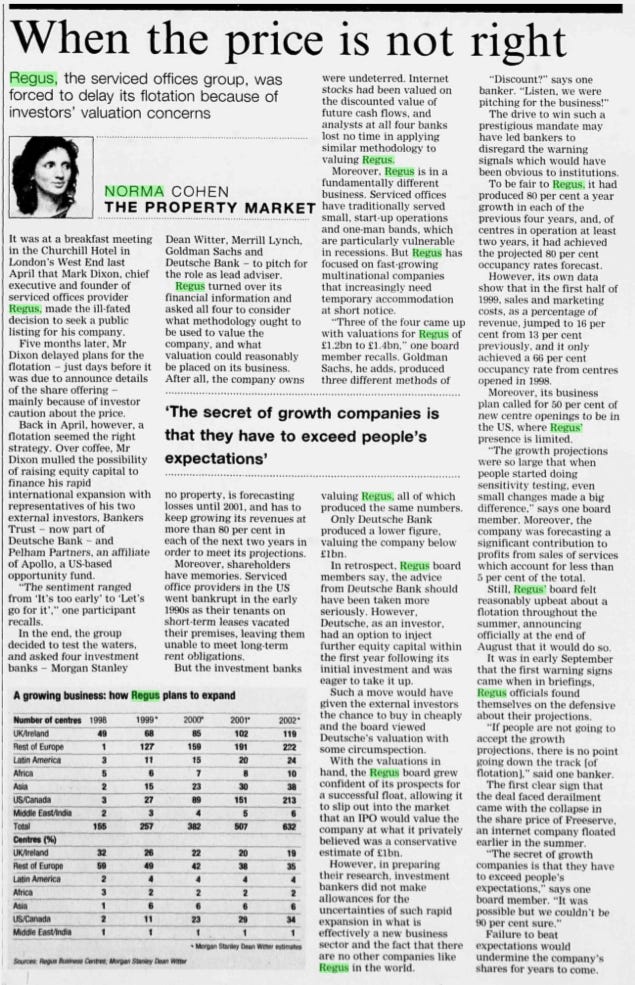Why is this interesting? - The Forum Edition
On forums, social media, and the power of friction in protecting communities
Noah here. There was a piece floating around last week about how Goodreads, a site to catalog and rate the books you read, sucks. “Almost Everything About Goodreads Is Broken” the title exclaims. The piece goes on to conclude that “readers are stuck in a kind of literary social network purgatory: They have a place to go, but it’s just not very good. In the age of every kind of social network you could imagine, you’d think Amazon would cough up the dough to improve its platform for discussing the product that made Amazon what it is in the first place. Until then, readers will linger in the beige dreariness of a website designed long ago.”

2010 Screenshot via Hans de Zwart
While I’ve had some of the same thoughts about Goodreads, mainly how stuck in the web design trends of 2008 the site feels, I concluded almost exactly the opposite. Last year I set a goal to read more books and in the process came to fall in love with the site. And it wasn’t so much in spite of the stuck-in-timeness of the functionality, but because of it.
Why is this interesting?
This came back to mind for me today while reading an excellent piece from Logic magazine about where on the internet you turn when your pregnancy doesn’t go according to plan. What the author, Hesper Desloovere Dixon, found was that these conversations were buried deep in forums and message boards, complete with their own rules and language.
The amateur scientists who can rattle off their hormone levels and treatment protocols are bound not just by their common language, but by the many ways in which modern medicine has failed them. These women have sought out the top doctors and the soundest science, scouring the research and polling fellow lay-reproductive endocrinologists to maximize their chances of conceiving or giving birth to a healthy baby. But for all the promises of cutting-edge technology, the common denominator for women heading down that road is past disappointment.
When faith in the latest innovation falters, a trustier form of tech is waiting in the wings. And an older form of tech: old-school message boards that promise anonymity rather than the interconnectedness of social media. The web 1.0 setup of these forums is a feature, not a bug: that wild and wooly quality of the early internet makes room for a rare kind of openness and honesty among intimate groups of strangers.
As she points out, the friction and lack of functionality is a feature, not a bug. There are many spaces which have been left behind by modern web design that foster real community. In some ways, the more abandoned they become, the more they’re able to flourish, away from the watchful eyes of pageviews and branded content. Dixon offers The Bump as an anecdote, explaining that when she reached out to a representative there they pushed their social media content over their community, explaining that forums “originally served our users by fostering a sense of community for new and expectant parents … [but they have] taken note of the shift away from forums and towards social media.” Except that doesn’t really seem to be what’s going on. “The Bump’s Facebook page has fewer than 300,000 followers,” Dixon notes, “while over at the message boards, the ‘Trying To Get Pregnant’ section alone has 223,500 discussions and nearly three million comments.”
I guess the point here is that friction isn’t always a problem when it comes to communities on the web. Sometimes the very best thing for attracting the right kind of people is a bad design or a little headache in figuring out the system. One of the things that always struck me about Metafilter, one of the highest-quality and longest-running communities on the web, was that you had to pay $5 to become a user (you could always lurk for free). On the more negative side, you can point to something like 4chan, which has a design that’s stuck in the early 2000s and functionality that’s essentially limited to posting photos, and has managed to become a force in culture that we’re all still grappling with.
So my hope is that Amazon keeps ignoring Goodreads. It’s a bit of a pain to use, but for those that are active, it can offer a very high signal-to-noise ratio. Sure, as the article points out, the public lists might suck and there are strange reviews laying around, but for the 15 people I interact with regularly on the site it’s a vibrant community that feels light-years away from the worlds of Twitter and Facebook. And while there’s less reason to worry about privacy of book reviews versus health information, the inaccessibility can act as a kind of cocoon, strengthening the community inside. (NRB)
Thing of the Day:
A piece in the Financial Times from 20 years ago explaining why Regus, the shared work space, delayed its float due to valuation concerns. If you have been following WeWork, this is downright eerie. (CJN)

Quick Links:
Fast software, the best software by Craig Mod who needs to write a WITI. (CJN)
Prepare your feeds for the Caroline Calloway flood today. (CJN)
Per WITI 8/21 - The Car Death Edition, a new study from the New York Department of Transportation on the dangers of texting while walking came out recently. It's conclusion? "Despite the increasing attention to device use and pedestrian distraction, the available national or New York City fatality data do not support a strong connection to fatalities." (NRB)
Thanks for reading,
Noah (NRB) & Colin (CJN)

